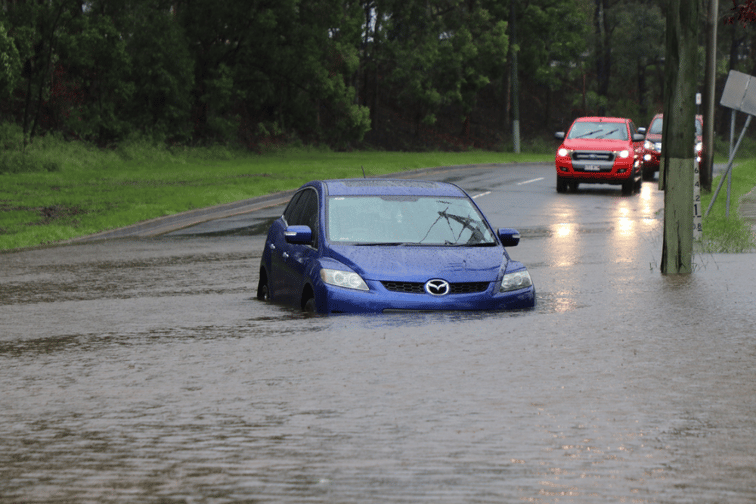

Natural catastrophes resulted in total global economic losses of US$270 billion and insured losses of US$11 billion last year, with floods a significant loss vector, according to a new report from Swiss Re Institute. The results continue the long-term trend of insured losses increasing by an average of 5% to 7% annually worldwide.
While Hurricane Ida was the costliest single natural disaster in 2021, secondary peril events again accounted for the majority of insured losses from natural catastrophes, Swiss Re reported. For example, the flooding in Europe in July was the costliest natural disaster on record in the region – and despite record-level insured losses from floods, the associated global protection gap remains wide.
“Floods affect nearly a third of the world population, more than any other peril,” said Martin Bertogg, head of catastrophe perils at Swiss Re. “In 2021 alone, we witnessed more than 50 severe flood events across the world. Given the scale of devastation, flood risk deserves the same attention and risk-assessment rigour as primary perils such as hurricanes.”
Moreover, flood losses will continue to increase thanks to climate change and urbanisation, Swiss Re said. Climate change is expected to cause more frequent and more extreme weather events, while growing populations, urban development and the accumulation of economic wealth in disaster-prone areas are contributing to growing catastrophe losses.
2021 saw major flooding in Europe, China, the US and other parts of the world. In the first quarter of 2022, major flooding in eastern Australia has already caused substantial insured losses.
“Growing losses from floods are becoming ever more apparent, said Jérôme Haegeli, group chief economist at Swiss Re. “Last year we had another wake-up call. There is a growing urgency for action to increase the resilience of societies worldwide. Together with the public sector, (re)insurers are well-equipped to steer development away from high-risk areas and invest in protective measures such as green infrastructure. This keeps assets insurable while also improving the growth outlook.”
Flooding is by far the most frequently occurring natural peril, Swiss Re said. In the past decades, there were about three times as many major flood events as tropical cyclones. Floods also caused more than a third of all fatalities related to natural catastrophes. Economic losses from floods amounted to 23%, second only to tropical cyclones.
Despite this, Swiss Re Institute found that over the past decade, only 5% of severe flood losses were insured in emerging markets, and only 34% in advanced economies, indicating a large global protection gap. The largest flood protection gap is in Asia, where only 7% of economic losses have been covered by insurance. In Europe, by contrast, 34% of flood losses are insured.
